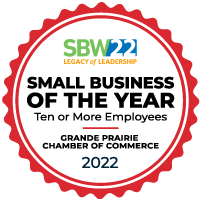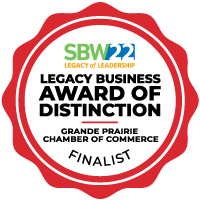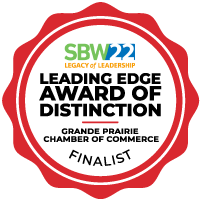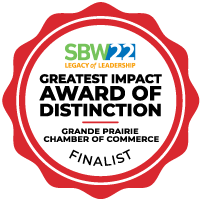obfuscate: to make obscure or unclear; to muddle; confuse; bewilder
Potential consumers are busy and sophisticated. They are surrounded every day with thousands of messages and choices in the marketplace. Trying to impress them using fancy terms can not only cost you those customers, but can cost your business in lost sales and revenue.
You might think it makes your product or service sound more appealing when you use technical talk, but it won’t. It’s a turn-off. Even worse, the consumer won’t understand what you mean. You’ll make them feel dumb.
And that’s no way to build brand loyalty.
Using plain language can be much more persuasive in generating sales, and building and retaining customers. Plain language isn’t about sucking the soul out of your content, simplifying it to the point where it lacks emotion. It’s about making sure you’re not making your customers work too hard by telling them how your company can help them in clear, concise and compelling terms. Plain language engages, not alienates.
Take a look at this sales pitch for a Retroencabulator. This video spoof, delivered by Rockwell for one of its sales meetings, is a hilarious demonstration of obfuscation… and obliteration.
No doubt the pitch was delivered with conviction, but can you sum it up in a couple of sentences?
Using plain talk doesn’t mean you have to avoid all use of technical talk. Every industry has its own buzz words and trade jargon. If you’re talking to a client in your industry, using some jargon can improve your communication. It can connect you with your customers if you can “speak their language.”
However, the key is to know your audience. Make sure they understand the terms. If you have to explain the terms, or you’re met with blank stares, stop using them.
Using too much jargon will backfire. You’re talking to people. Keep it real.
Next time you write something for a customer, let someone who knows little about your product or service read it, then explain to you what they just read. If you are talking to a customer, take off your industry hat and put on the customer’s ears.
Are you guilty of obfuscating your brand?










